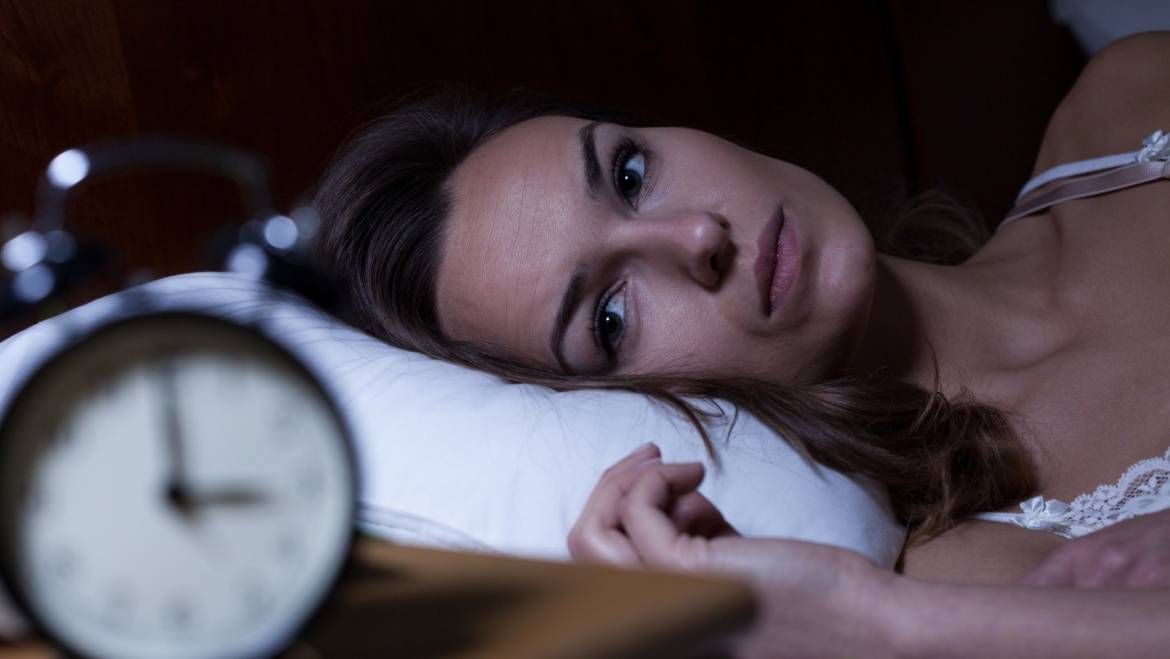How you feel during the day depends on how well you slept at night. Your bedtime habits, and sleep timings can make a big difference to the quality of rest at night. You need to understand a few ways on how to treat insomnia in an easy way.
Here are some tips to help you get good sleep, so that you can be full of energy and can be more productive during your waking hours.
Have a fixed sleep schedule – To get good sleep, it is crucial to get in tune with the natural sleep cycle of your body. If you maintain a regular schedule of going to bed and waking up the same time everyday, you will feel much energized and refreshed. When you stick to a regular cycle daily, it helps to optimize the quality of your rest. Follow sleep timings that are consistent with your lifestyle. Go to bed at a time when you feel sleepy, so that you can go to sleep as soon as you hit the bed. When you get adequate sleep, you can wake up even without an alarm.
During weekends, it can be tempting to sleep a few extra hours, but even a few hours of difference can disturb your body schedule. Stick to the same wake-up time, even if you have slept late. It is better to catch up on your sleep during day time instead of disrupting your every day wake up time.
Also read: Make yourself Healthy with a Vegan diet
Avoid naps at day time – While napping can be a good way to recharge, if you suffer from insomnia at night, napping can make things worse. If you have trouble falling asleep at night, avoid napping or restrict it to just around 15 minutes in the daytime.
Regular exercise regimen – According to many health experts, a regular regimen of exercises is a good way to sleep better at night and feel awake during the day. Even light exercises such as walking for around 15 minutes a day has an effect on the quality of sleep. However, keep in mind that it can take a few weeks before you begin to see the effect of regular exercises on your sleep.
Exercises help to enhance metabolism and stimulate hormones such as cortisol. It is best to exercise during the morning hours or at noon time. However, this may affect your sleep if done at night. Low-impact yoga and stretching can help enhance sleep, though.
Reduce caffeine – Your daytime habits have an effect on the quality of your rest. Be careful about what you put in the body all through the day. Caffeine can disrupt your sleep for at least ten to twelve hours after you have taken a cup of tea or coffee. It is best to avoid caffeine after lunch and work to reduce your overall intake of the same.
Avoid big meals at night – Try to finish your dinner by early evening and stay away from rich, heavy foods for at least two hours before bedtime. These foods make your stomach work a lot and may cause you to stay awake. It is also best to avoid acidic or spicy foods as it can cause heartburn and stomach problems.
Also Read: How to take care of your eyes
Stay away from alcohol – Drinking alcohol before sleeping may help you relax, but it disturbs your sleep once you are out of the effect of alcohol. It is best to avoid alcohol before your bedtime. Limit drinking plenty of fluids before bedtime as it can lead to bathroom trips all through the night.
Let go of stress – Stress, anger and worry can also make it difficult for you to fall asleep. If you are having trouble falling asleep, make a note of the recurring theme of the worries and figure out a plan to manage your stress better. You can undergo a stress management program to learn how to handle stress and achieve a positive, calm outlook. You can do relaxation techniques including deep breathing, meditation to help relax better.
Improve your sleep environment – Your sleep environment also plays an important role in promoting sleep. As you go to bed, make sure that the room is cool, dark and quiet. Ensure that your bed is comfortable and that you have adequate room to turn and stretch comfortably.
If you have been thinking how to treat insomnia, you can follow these tips. If, in spite of your best efforts, you are not able to sleep well at night, it may indicate a sleep disorder that requires additional treatment. Consult your doctor to help find the causes of your sleep issues and work with him or her to find a treatment plan that suits your lifestyle.




